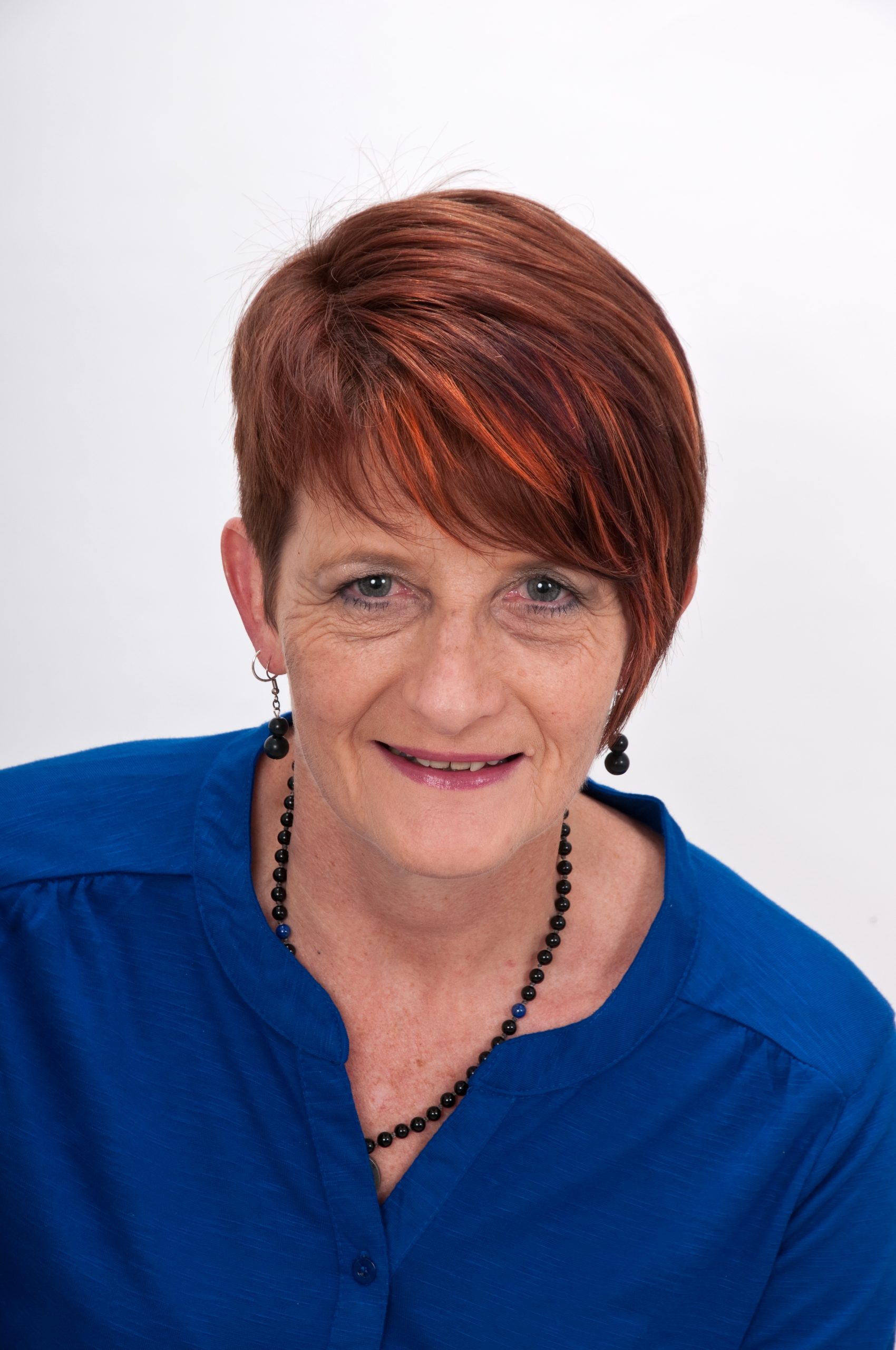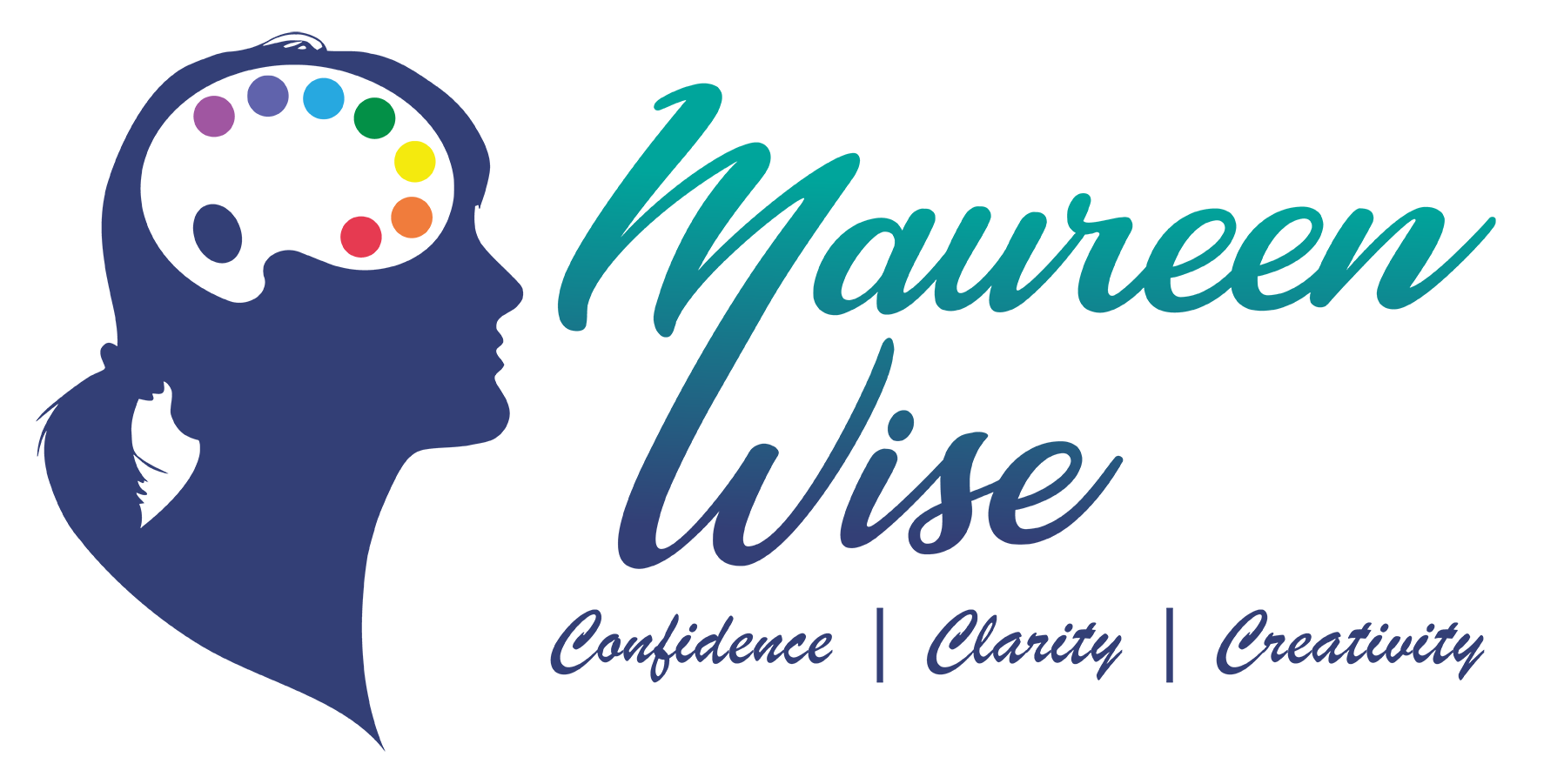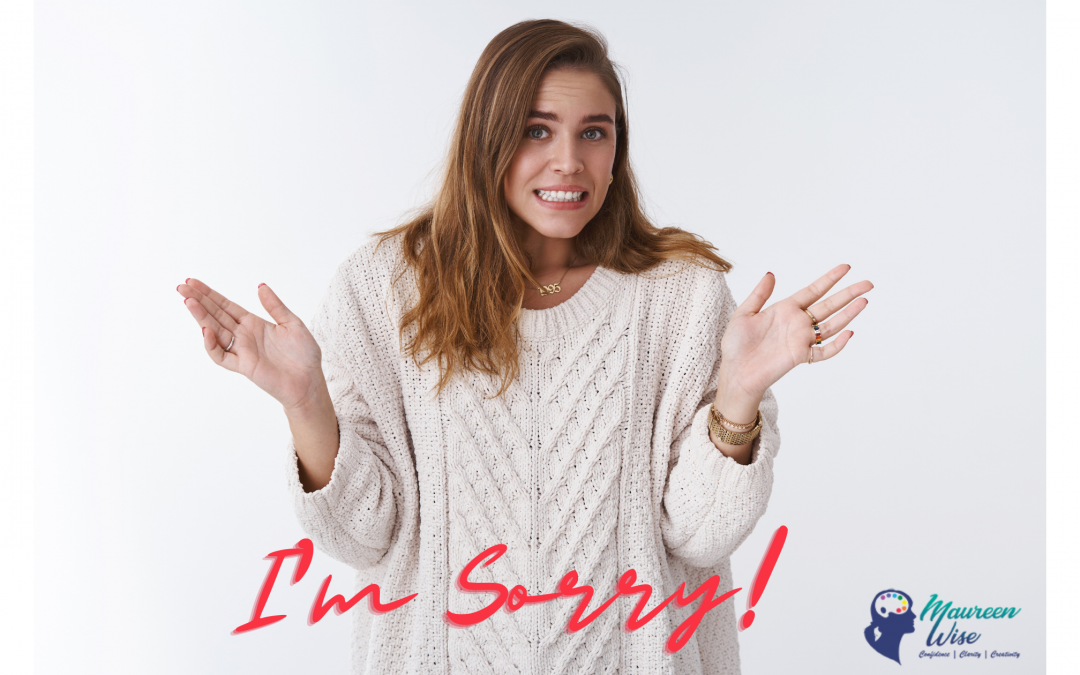When is it ok to say I’m sorry
and when is it not ok to say I’m sorry?
I was listening to a podcast the other day by Brendan Burchard and he was discussing the notion of saying I’m sorry. This got me to thinking, is it always the right thing to say I’m Sorry?
You might be thinking, of course, we should always say sorry when we have done something wrong and you are absolutely correct. So when, then, is it not ok to say sorry?
I remember when I first started my training as a coach back in 2013, I was in a training room with about 150 other eager newbies. I raised my hand to ask a question and began with ‘I’m sorry, may I ask a question? …….’ Immediately, it was brought to my attention, and everyone else’s in the room (awesome to be able to make a difference so soon), that I had actually apologized for asking a question! Furthermore, I hadn’t even registered that I had apologized, I was so used to saying it. I was on auto-pilot. Sound familiar?
What are you actually apologizing for?
Language is so important. What we say, the words we use, matters. Saying sorry for speaking up, for asking for help, for feeling as though we are interrupting may have been bred into us as ‘good manners’ when we were children growing up a few generations ago, yet today it is often the thinking behind those words that is holding us back.
When we use the words ‘I’m sorry’ without awareness, just out of habit or on auto-pilot, we are actually sending a signal to our brain (the subconscious cannot tell the difference between what’s real and what isn’t and will only pick up on the word Sorry) that we are unworthy, we are less than and we are not good enough. The words I am (I’m) are the start of identity statements based on our beliefs of ourselves, for example, I’m awesome, I’m happy, I’m sad, I’m depressed, I’m fat, I’m skinny, I’m beautiful, I’m ugly and so it goes. When we say I’m sorry habitually and unconsciously, what are we actually saying sorry for – sorry for taking up space? Sorry for living? Sorry for being me? This habit does nothing for our self-esteem or our own self-worth. We need separate the action we are apologizing for from the belief of unworthiness.
How we speak to ourselves matters
I have witnessed so many, and in my experience predominantly, women who say sorry without even thinking about it. Notice it in yourself – do you say ‘Sorry’ when you nearly bump into someone in the supermarket or coming around a corner through no fault of your own? Do you say I’m sorry when you take your place in front of another in a queue? Do you say I’m sorry if you ring a wrong number? What else could you say instead? Maybe have a laugh about it or do a hand gesture to allow them to pass? These are far more empowering and actually come from a generous spirit rather than ego. Give it a go and notice the difference. You will be amazed – and guess what, no one will be offended!
Change is ALWAYS easier
when we learn to laugh at ourselves!
When else is not ok to use the words I’m sorry? It is not ok when they are used as a weapon, when the words I’m sorry are almost spat out with no evidence of remorse just as a way to humiliate or belittle the other person. This is also maybe an identity statement from the person saying them because they may have so much anger within, and so much self-loathing that they strike out at another from a place of pain which they are not even aware of. They are in fact, saying they are sorry they are not good enough or sorry they haven’t measured up to their own expectations. The response to this ideally would be compassion, rather than reaction.
Awareness is key! Get off auto-pilot! Being aware of our language, our intentions and our self-belief, being conscious of the words we use habitually, can really change how we see ourselves in this world.
Live consciously and experience true freedom
So, that being said, when is it ok to say I’m sorry? Is it only ok when we really feel sorry or when we know it is for the greater good? The person who is sure of themselves, who comes from a place of spirit, not ego, the person who is a leader, will apologise immediately they recognize they have done something wrong and will do so consciously, willingly and humbly. The person or persons receiving the apology are then invited to join a form of unspoken contract to accept the apology with grace so that the relationship is restored not to be used against them at a later date. True contrition, remorse and apology is given and accepted as a way forward, for healing and for forgiveness. Once done, that is the end of the story and both parties then can move forward with love, compassion and a stronger relationship because of the growth they have experienced.
This is not always the way. How can we then apologise, truly and deeply and trust the other to accept it without agenda? The thing is, we can’t because we can never control what someone else does or says, we can control how we react or respond to any situation and know that whatever happens, we can handle it.
The more we get to know ourselves, to let go of our own baggage, to become consciously aware of our thinking, our habits, our language (both internal and external), the more we develop compassion and the ability to say I’m sorry for our actions not for our identity.
Why do angels have wings?
Because they take themselves lightly!

Summary Points:
- Be conscious of when you are saying ’I’m sorry’ – is it habit or are you apologizing for a genuine mistake?
- Become aware and get yourself off auto-pilot
- What else could you say or do when you would habitually apologise even when you are not at fault?
- Become acutely aware of the language you use when speaking to yourself or others
- Learn to laugh at yourself
- Never accept an apology when it is used as a weapon against you
- Be curious about when you are responding from spirit or reacting from ego
- Know that whatever others say or do, you CAN handle it, when you know and love yourself.
- Be your own angel and take yourself lightly.
To find out how you can get yourself off auto-pilot and take the first step towards living life consciously while learning to ltake yourself lightly, leave your details in the box on the Contact page and let’s have a conversation that might just change your life!

Article written by Maureen Wise
Maureen Wise has over 30 years’ experience as an art and social sciences teacher. After seven years coaching women to gain more confidence and clarity whilst exploring or using their creativity, Maureen has created a unique coaching experience for her clients.
Maureen's focus on whole brain thinking (left brain analytics crossing over with right brain creativity and mindfulness), is the core of her Success Pathways and Wise HeART Studio programs.
Drawing on her love of learning and art to bring that unique style of coaching to her business, Maureen is an engaging speaker, a passionate author, mentor, teacher and facilitator.


Recent Comments